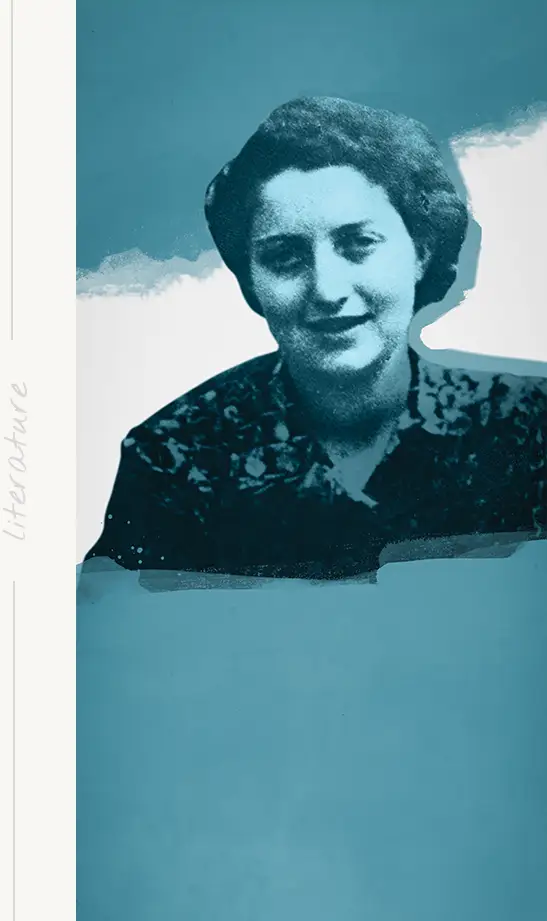Main Page > Literature > Hanna Szenes

Hanna Szenes
17 VII 1921, Budapest — 7 XI 1944, Budapest prison
Hanna Szenes was a poet who wrote in Hebrew and Hungarian. Because of her Zionist convictions, she immigrated to Palestine but returned to Europe as a soldier. Her poems are still read and sung in Israel today.
She was born on 17 July 1921 in Budapest, to a wealthy family of assimilated Jews. Her father, Béla Szenes, a writer and playwright, died when Hanna was six years old. She attended a private Protestant school for girls and at that time became interested in Zionism. In 1939, she immigrated to Palestine.
Hanna Szenes completed a two-year course in agriculture and joined the kibbutz Sdot Yam in Caesarea. She was a member of the Haganah (founded in 1920), the secret Jewish paramilitary organization in Palestine. In 1943, she joined the Women’s Auxiliary Air Force of Great Britain. Parachuting into Yugoslavia in 1944 with other volunteers tasked with aiding partisans in helping to save European Jews. The operation was postponed when Nazi Germany invaded Hungary in March 1944. When the group finally crossed the border, it was captured by Hungarian gendarmes. Accused of spying for the British, she was repeatedly tortured and interrogated in a Budapest prison. In November 1944, she was executed by a firing squad. Her remains were brought to Israel in 1950.
Hanna Szenes started writing poetry relatively early, but her work was first discovered after her death. For Israelis, she has become a symbol of sacrifice and fortitude. Her poetry has been read and sung by the greatest artists of popular music (including Ofra Haza), and she herself has become the heroine of numerous films and literary works. Her most famous poem, Halicha le-Kejsarja (‘Walk to Caesarea’), is also known as Eli, Eli (‘My God, My God’). She kept a diary during the war in which she recorded her thoughts every day up to the last moments of her life. The diary was first published in Hebrew in 1946.
creativity
creativity
acc: Tomasz Kaczmarek
A Walk to Caesarea
Translated from Hebrew by Vivian Eden, published in Haaretz on 24 February 2015 („Poem of the Week: My God, May This Wonder Never End”).
My God, may it never end
the sea and the sand,
the splash of the water,
the brilliance of the sky
the prayer of man.
